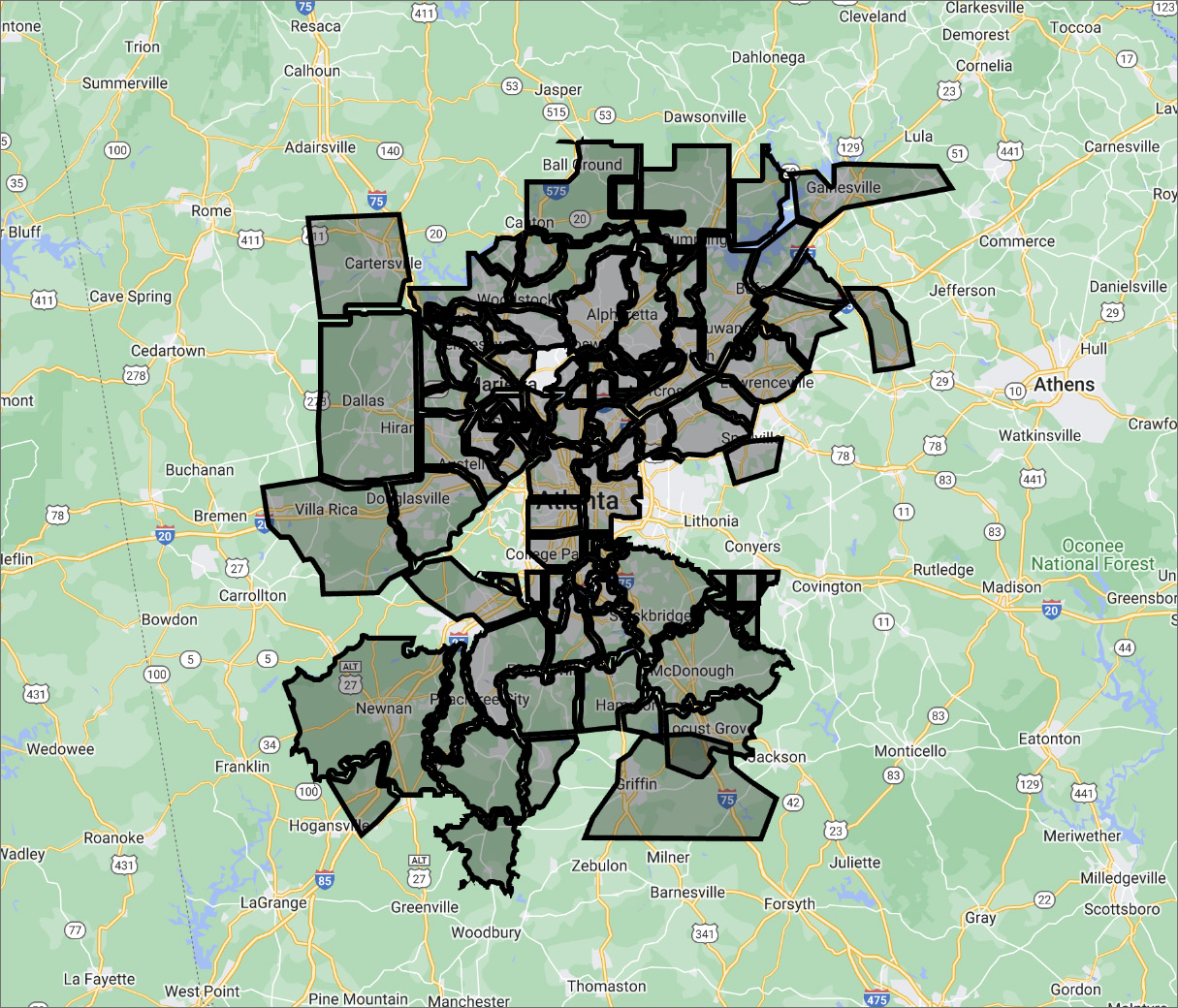Your dog needs good bacteria working in their intestines to remain healthy. Probiotics allow your pet to maintain their good bacteria at an appropriate level. Keeping your canine’s immune system and digestive tract functioning properly means your dog has a better chance at a long and healthy life. Probiotics are available as a supplement, infused in certain dog foods, and they’re available in natural foods. Our experts at the Atlanta dog sitting company Critter Sitters provides some important information in the following guide to probiotics.
What Are Probiotics for Dogs?
Probiotics include a wide variety of microorganisms that promote a disease-free body and are typically found in the world of vitamin and nutritional supplements. More specifically, probiotics are a combination of live bacteria that live in your body. While generally viewed as negative and the cause of illness, many bacteria help keep your body healthy. In some cases, good bacteria fight off harmful bacteria.
Probiotics are often available as a supplement for your dog’s diet. Just like in our bodies, microbes and bacteria live inside our pets. Many of these probiotics are beneficial for your dog and promote healthy gastrointestinal tracts and immune systems. More importantly, probiotics help your dog fight invading pathogens.
With the help of probiotics, your dog will produce bacteriocins. These compounds will assist in the prevention of pathogen growth. Simply put, probiotics are good bacteria that help your pet deal with harmful bacteria while boosting their immune system.
Probiotics are available through store-bought supplements that contain common microorganisms such as Bifidobacterium bifidum and Lactobacillus bulgaricus. However, there is a debate about the effectiveness of these supplements, especially if the probiotic was not refrigerated. Some studies have shown inconsistency in different batches of the same supplement. Should you go this route for your dog, you should purchase probiotic supplements that are organic and refrigerated. Be sure to also check the expiration date and research the manufacturer.
For people looking for a more natural way to introduce probiotics into their dog’s diets, there are many alternatives.
Probiotics for Your Dog Through Natural Foods
Probiotics are abundant in many types of readily available foods, including onions, leeks, yogurt, kimchi, bananas, and garlic. Unfortunately, not every food that is high in probiotics is appropriate for your canine. Something like kimchi has great probiotics, but it is much too spicy for your pet, and large quantities of garlic or onions are dangerous to your dog.
Yogurt
Yogurt is full of probiotics that are beneficial and promote health. Yogurt is made when probiotic bacteria cause lactose fermentation, resulting in the food’s texture and taste. The probiotics in yogurt will help prevent several gastrointestinal diseases and infections. Yogurt also helps a dog with issues such as diarrhea, irritable bowel syndrome, and vomiting. Dog owners should be careful with the amount of yogurt they give their pets. Depending on the size and weight of the dog, a tablespoon or two added to their food should be sufficient.
Soft Cheeses
Not every probiotic bacterium can survive within a dog’s gastronomical tract due to the acidic environment. If this is the case, then the helpful microorganisms do not make it to your pet’s intestines. Fortunately, the bacteria in soft cheeses can survive and make their way to the intestines. Beneficial probiotics that assist your dog with the absorption of nutrients and help with constipation can be found in cheddar, Gouda, and Swiss cheeses.
Kefir
Kefir is like yogurt but it has a significantly less dense texture. Typically, kefir is made from the milk of a cow, goat, coconut, or rice and will provide your dog plenty of vitamins, proteins, yeast, and probiotic bacteria.
Buttermilk
Another good source of probiotics for your dog is buttermilk. This is because live cultures are added to help ferment the sugars in the buttermilk. You should not heat buttermilk when you give it to your dog. Cooking the milk will destroy the good bacteria.
How do Probiotics Impact Your Dog?
Not all dogs tolerate lactose in the same way. Some of the symptoms you will see in a dog that is lactose intolerant include flatulence, diarrhea, and nausea. Lactose is a sugar found in milk that must be broken down to be digested properly. If your pet has enough of lactase, the enzyme that breaks down lactose, they will typically experience no adverse symptoms from ingesting milk-based foods.
In cases where your dog lacks the enzyme, they could become constipated if you feed them cheese. Meanwhile, yogurt and milk will likely loosen the stools of lactose intolerant dogs.
A dog owner has alternatives if they want to provide their pet with a natural means of ingesting probiotics. For example, you could give your pet yogurt that is made from grass-fed and unpasteurized milk or choosing non-dairy yogurts made from coconut or soy milk.
The Benefits of Canine Probiotics on Your Dog’s Life
Above, we listed a couple of the benefits of probiotics. These helpful bacteria improve your dog’s immune system, assist its gastrointestinal health, help with digestion and absorption of food, provide essential nutrients, and reduce the chances of pathogens from developing.
Probiotics also inhibit the growth of bacteria that cause illness or disease. For example, helpful bacteria could stem the growth of E. coli salmonella. The good bacteria actually compete with the harmful bacteria for necessary resources. This battle for survival helps to keep your pet healthy.
Dog Sitters Offering Atlanta Pet Owners Professional Service
Probiotics are essential to keeping your dog as healthy as possible. While they are available as a supplement or are advertised in certain brands of dog food, you have plenty of natural ways to provide your pet what they need. Another part of a healthy dog is an active lifestyle. Our professional dog walkers are available to take your dog for a walk when you cannot. Call Atlanta pet sitting company Critter Sitters at (404) 793-6178 to discuss our services.

